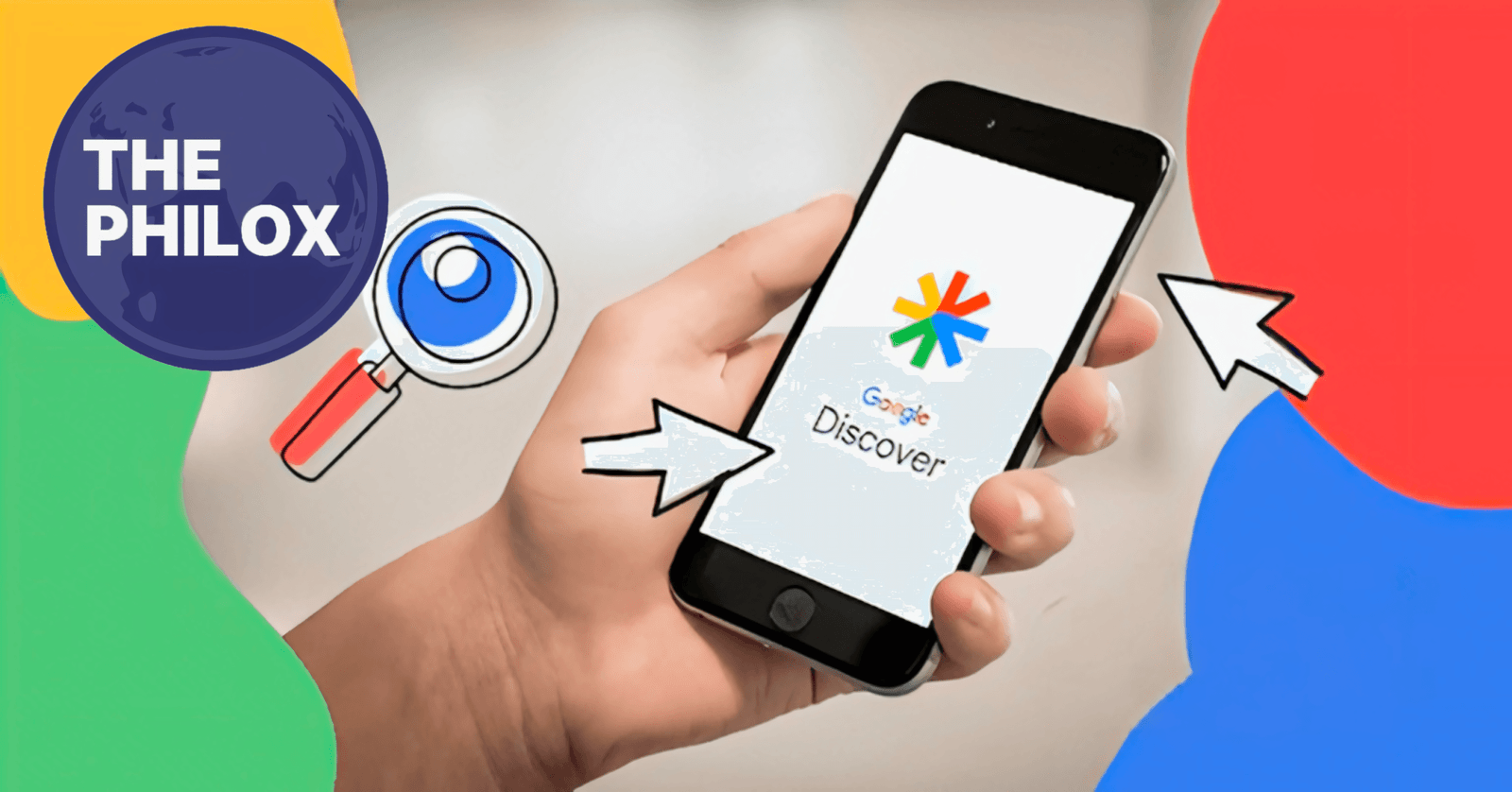
An overview of Google Discover
Users of Google Discover can view a customized content stream depending on their interests.
It shows mostly on Google’s mobile app or on the mobile homepage of Google.com. Users get news, stories, videos,
and more automatically suggested search queries instead of typing one. This keeps people current with subjects they find important even without looking.
Google Discover was first accessible solely on mobile devices for a long period. But Google is also extending it to PC users nowadays.
For digital media sources dependent on seeing more people view their articles and material, this might spell significant changes.
Meaning of the Desktop Expansion
Google Discover’s PC equivalent functions just like its mobile counterpart. Opening a new tab or visiting the Google homepage causes it to display users a feed of suggested content.
The only difference is that these recommendations will also be seen by those utilizing laptops and desktop computers nowadays.
Digital publishers can thus reach a larger audience thanks to this development. Still many individuals use desktop computers for business or school.
Having Discover on those devices raises the likelihood of users who might not have checked it on mobile seeing and clicking on items.
Why This Matters for Media Outfits Online
For digital media outlets, exposure is absolutely crucial. More visibility translates into more clicks, more advertising income, and more opportunity to expand their following.
Now that Google Discover is accessible on desktop, there’s a fresh chance to show up in front of people searching on bigger screens.
Reading articles takes more time for desktop users than for mobile users generally. They are more inclined to interact closely with material,
which may result in greater time spent on websites and more possibilities of article sharing. This will enable outlets to establish closer bonds with their readers.
How Outlets Could Benefit
Digital media outlets must concentrate on producing excellent, interesting content if they are to maximize this shift.
Having clear headlines, great graphics, and pertinent subjects is crucial since Google Discover chooses articles according on what it believes will interest the viewer.
Websites also require technical readiness. Pages should load fast and appear excellent on all devices, including desktop computers.
Google emphasizes user experience, hence poorly designed or slow-loading pages could not be shown very often.
Developing trust is also another crucial element. Google Discover prefers material from sources thought to be authoritative and trustworthy.
Content of digital sources should be accurate, well-written, and very valuable for readers.
What Difficulties Would Exist?
Although the desktop development presents a great potential, it also introduces difficulties. Demand for a Google Discover feed slot will probably grow more intense.
More publishers will seek for their material to show up there, therefore standing apart will get more difficult.
Furthermore difficult to forecast exactly what material will be highlighted is Google Discover’s basis on user behavior and interests.
Digital outlets could have to try several kinds of pieces and subjects to find what works best.
Ultimately, modifications in Google’s algorithms run the danger of influencing the content selection process. Outlets depending too much on Discover’s traffic could suffer unexpected declines should Google change its algorithm.
Looking Ahead
One big step that would help digital media firms immensely is Google Discover’s rollout on desktop computers.
It creates a fresh approach to connect readers who might not be mobile engaged. Publishers must thus also remain smart and adaptable.
Digital outlets may maximize this new possibility by concentrating on quality content, excellent technical performance, and developing trust.
Those who fit the changes well may find great benefits in visibility and involvement even with obstacles ahead.
Any digital media source that wants to keep ahead will have to keep an eye on Discover as Google develops.







